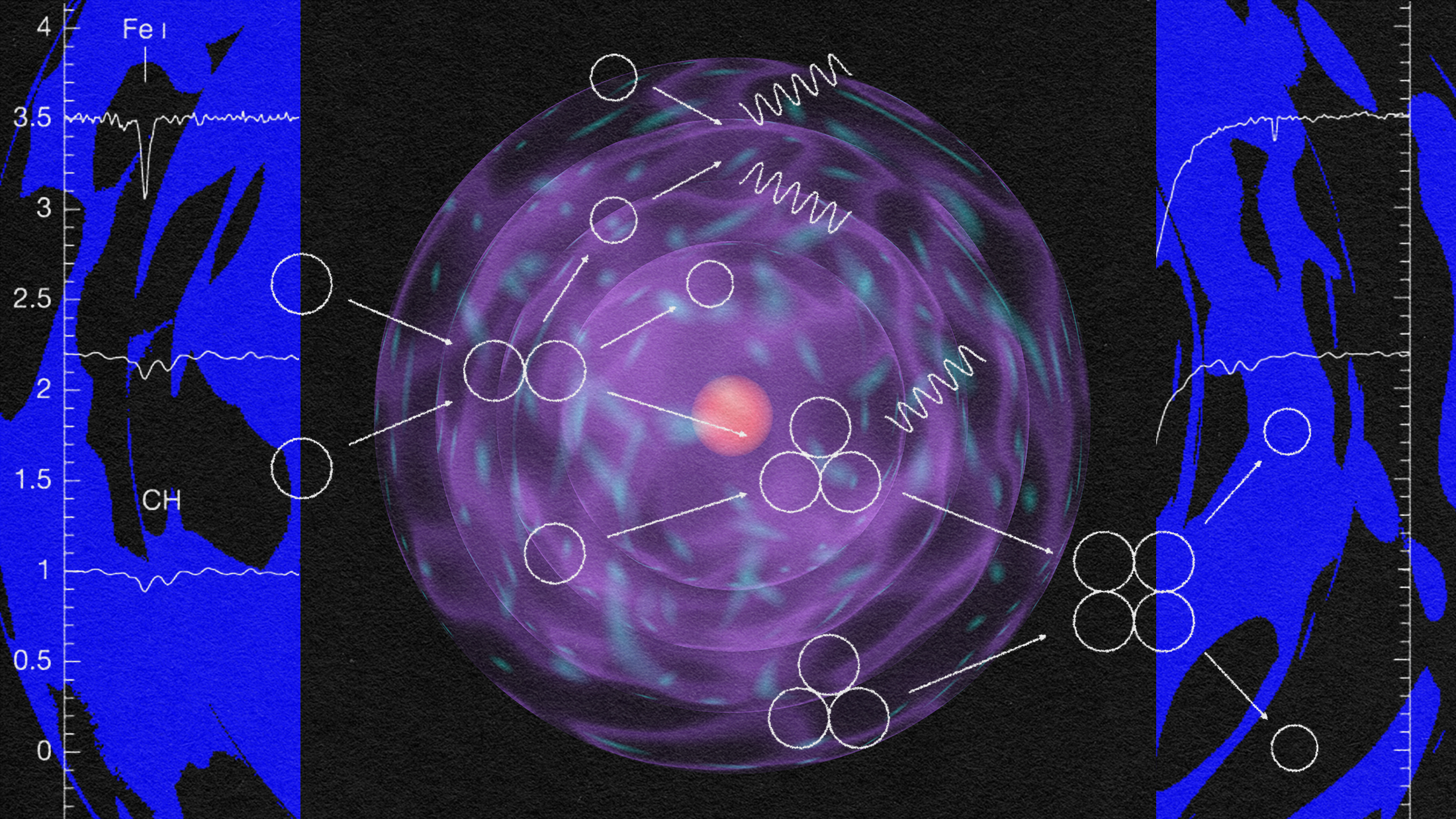Is the electrical production of energy all that efficient? What are the limits of lithium for battery powered vehicles? Will hydrogen fuel cells take over the market? The Founder of Cal Cars explains why the automotive world will never be the same.
Question: How efficient is the electrical production of energy?
Felix Kramer: Electrical production is pretty efficient when you compare it to a gasoline vehicle. If you look at the conventional emissions for instance it’s much easier to clean one power plant’s smokestack than a million tailpipes. In terms of CO2 emissions the electric motor is about four to five times more efficient than a gasoline engine and so for that mile that you’re driving you’re using a lot less electricity. You’re using a lot less fuel to drive that mile. Now if you take for instance, some people say we should have… be fueling our cars from ethanol. If you power a car by ethanol you’re still using an inefficient gas… If you power a car by ethanol you’re still using an inefficient internal combustion engine vehicle, but if you take that ethanol and put it in a power plant and make electricity out of it and run it into a battery for the car, an electric motor you’re getting twice as efficient a process. So the… basically power plants into car are cleaner than any other way of getting power into cars.
Question: Are there any fears that the lithium used to create so many batteries is an unsustainable resource?
Felix Kramer: Lithium is one of many chemicals used in…. Lithium is one of many… Okay, lithium is one of many materials used in batteries. You can also have nickel, metal hydride and there is other technologies in the future, but right now it looks like the auto industry is settling on lithium. It’s very plentiful. It’s mined in various places. It’s also in sea brine. It’s a benign element. It’s safe for landfills, so it’s not going to poison us when it’s disposed of. In fact though lithium batteries when they’re no longer used for cars can be recycled and reused as secondary use in stationary facilities. You could take those used lithium batteries that maybe are only working at 80% capacity and put them in the basement of office buildings and pump them up at night with cheap power and use it in the day for another decade or two. Eventually then you can extract the lithium and reuse it, so there is… Some people say we don’t have enough lithium, but the carmakers seem very confident we have enough lithium for billions of cars.
Question: What are the advantages of hydrogen fuel cells?
Felix Kramer: Hydrogen for cars has been around the corner or five to ten years away for about twenty or thirty years and it looks like it’s going to continue that way because the hydrogen car no longer is competing against the gasoline car, but against the plug in hybrid and against the flex fuel plug in hybrid, which is maybe all the local driving is electric and the extended range driving is 85% cellulosic ethanol and 15% gasoline, so the…. It gets higher and higher a goal for hydrogen to be better than that. We don’t have a hydrogen infrastructure and hydrogen is not a fuel. It’s an energy storage. It’s a carrier, so you have to get the hydrogen from somewhere and you can get it from two places. You can get it from water and you electrolyze the water and split it into H2 and O and you use… you waste about half the energy to do that or you can get it from natural gas and then you’re starting with a fossil fuel. So in either case you end up with something that is inferior to a battery.





